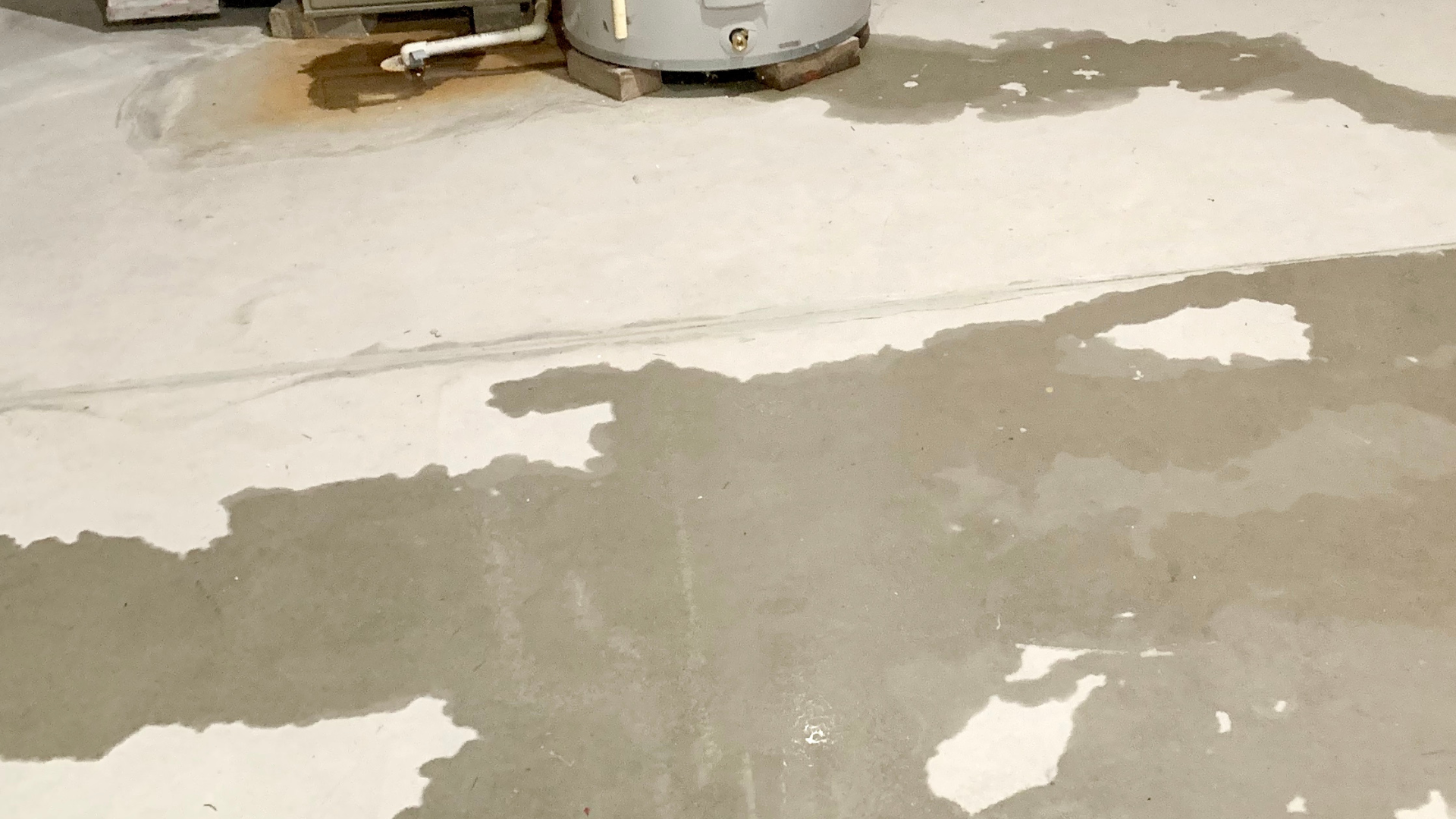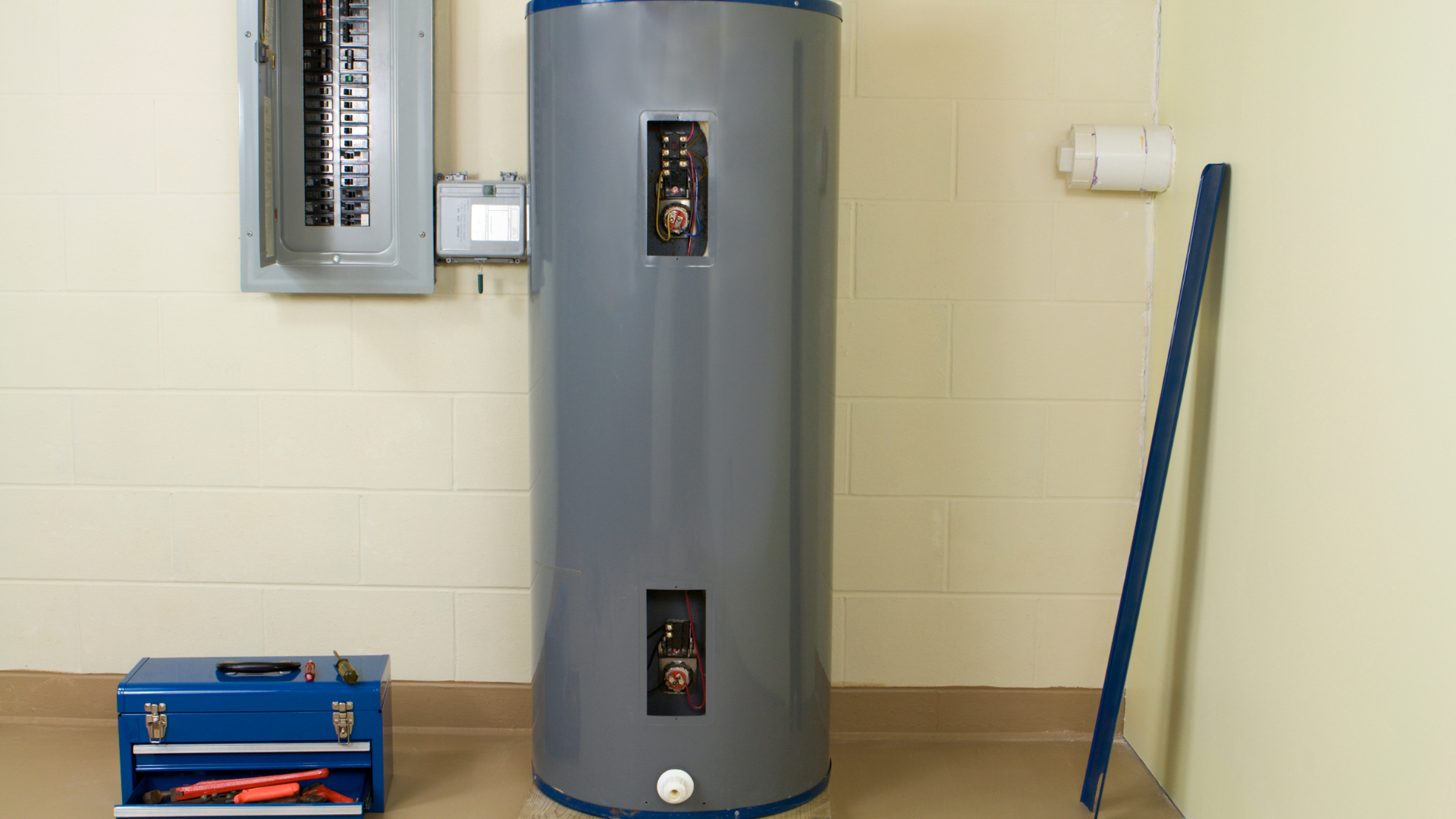New Mexico
Your New Mexico Home Project: Understanding Licensing, Gross Receipts Tax, and Verification

Undertaking a home improvement project in New Mexico means engaging with a state-level licensing system for general contractors and specialized trades through the Construction Industries Division (CID), part of the New Mexico Regulation and Licensing Department (NMRLD). New Mexico also has a unique "gross receipts tax" instead of a traditional sales tax, which applies directly to contractors' income. Understanding these regulations is key to a successful and compliant project.
Contractor Licensing in New Mexico: CID Handles Most
In New Mexico, the Construction Industries Division (CID) of the New Mexico Regulation and Licensing Department (NMRLD) is the primary authority for licensing most contractors and trades within the construction industry. This covers a wide range of residential and commercial work.
- General Building Contractor Licenses (GB Classifications):
- The CID issues licenses for various types of general contractors, including:
- GB-2 (Residential Building Contractor): For building and remodeling single-family homes and multi-family units up to four units.
- GB-98 (General Building Contractor): An "unlimited" license for all types of building construction, including residential and commercial.
- Requirements for GB licenses typically include:
- Designating a Qualifying Party (QP): This individual (an owner or employee) must have documented experience (e.g., 2 years foreman-level experience for GB-2, 4 years for GB-98, with at least 2 years commercial for GB-98).
- Passing required exams: This usually involves a Business and Law exam (which can often be satisfied by a state-approved online course) and a trade-specific exam (e.g., GB-2 or GB-98 exam). Exams are administered by PSI.
- Providing a surety bond: A $10,000 bond is generally required.
- Proof of general liability insurance.
- Registering with the New Mexico Taxation and Revenue Department for a gross receipts tax identification number.
- Submitting a comprehensive application and paying fees.
- Trade-Specific Licenses (CID):
- The CID also licenses many specialized trades statewide:
- Electrical Contractors (EE Classifications): Requires extensive experience (e.g., Journeyman Electrical for 8,000 hours, Electrical Contractor for 12,000 hours as Journeyman or Master) and passing state exams.
- Plumbing Contractors (MM Classifications, specific plumbing endorsements): Requires significant experience (e.g., 3 years for Journeyman, 4 years for Contractor) and passing exams.
- Mechanical/HVAC Contractors (MM Classifications, specific mechanical endorsements): Licenses include various categories for HVAC/R work. Requires verifiable experience and passing exams.
- Roofing Contractors (GS-21): A specialty classification under the CID.
- For most trade licenses, individuals (Journeymen, Masters) performing the hands-on work must also be individually licensed, and the contracting business must hold an appropriate contractor license.
- No local general contractor licenses in the same way as some states. New Mexico's CID licensing is comprehensive, meaning if a contractor is licensed by the CID, that's generally sufficient for statewide operation. However, individual municipalities may have their own permitting requirements that licensed contractors must follow.
Key Takeaways for Homeowners:
- For almost any home improvement or construction project, your contractor (and relevant tradespeople) should hold a license issued by the New Mexico Construction Industries Division (CID).
- The specific license classification (e.g., GB-2 for residential building, or an EE-98 for electrical) should match the scope of work they are performing.
- Always ensure your contractor carries adequate general liability insurance and a surety bond.
Gross Receipts Tax on Home Service Projects in New Mexico
New Mexico does not have a traditional "sales tax" but instead imposes a Gross Receipts Tax (GRT) on businesses for the privilege of doing business in the state. This tax is imposed on the total gross receipts of businesses, including those from selling property and performing services. The statewide GRT rate is 5%, but local (city, county) gross receipts taxes are added on top, leading to combined rates that can vary significantly, often ranging from 5.125% to over 9% depending on the specific location where the work is performed.
Here's how GRT applies to home service projects:
- GRT is Imposed on the Contractor (and often passed to the customer):
- Unlike sales tax (where the customer pays the tax at the point of sale), the GRT is levied directly on the contractor's gross receipts from their services and sales of materials.
- This means that the contractor's total invoice to you, the homeowner, for materials and labor for a construction or home improvement project is generally subject to GRT.
- Contractors are typically permitted to pass the burden of the GRT onto their customers (the homeowner). If they do so, the GRT must be separately stated on the invoice or contract provided to you.
- So, you will likely see a line item for "Gross Receipts Tax" added to your total bill for the project.
- "Lump Sum" vs. "Itemized" Contracts:
- New Mexico generally treats construction contractors as consumers of materials for GRT purposes when they perform work under a "lump-sum" contract (where materials and labor are not separately itemized). In this case, the contractor pays GRT on their total revenue from the contract.
- If a contractor bills materials and labor separately (itemized contract), they still include the materials in their gross receipts subject to GRT.
- Non-Taxable Transaction Certificates (NTTCs):
- In certain business-to-business transactions, businesses can use NTTCs to deduct receipts from GRT. However, as a homeowner, you generally won't be involved in this; the contractor pays the GRT on their receipts from you.
- Government/Non-Profit Exemptions:
- Similar to sales tax, certain projects for government entities or qualifying non-profit organizations might have exemptions from GRT.
It is essential to discuss how the Gross Receipts Tax will be handled with your contractor. Ensure your written contract clearly states whether the quoted price includes GRT or if it will be added as a separate line item.
How to Verify Licensing in New Mexico
Verifying a home service contractor's licenses in New Mexico is done through the official channels of the New Mexico Regulation and Licensing Department.
New Mexico Regulation and Licensing Department (NMRLD) - License Lookup:
- This is the primary and most comprehensive tool for verifying all Construction Industries Division (CID) contractor licenses (general building, electrical, plumbing, mechanical/HVAC, roofing, etc.).
- The NMRLD offers a unified "License Lookup" tool for all professions they regulate. You will need to select "Construction Industries Division" from the list of professions.
- You can then search by license number, individual name, business name, or license status. The lookup will show:
- The license status (active, expired, suspended, revoked).
- The specific license classification(s) the contractor holds (e.g., GB-2, EE-98, MM-1).
- Any disciplinary actions against the license.
- NMRLD License Lookup: https://www.rld.nm.gov/about-us/public-information-hub/online-services/ (look for the "License Lookup" link, then select "Construction Industries Division" as the profession).
New Mexico Taxation and Revenue Department - Taxpayer Access Point (TAP):
- While not a license verification tool, you can use the Taxpayer Access Point (TAP) to confirm a business's tax registration. Contractors should have a tax identification number from this department for GRT purposes.
- NM Taxation and Revenue TAP: https://tap.state.nm.us/TAP/ (look for business search or registration verification tools).
New Mexico Public Regulation Commission (PRC) - Business Registration Search:
- Businesses (corporations, LLCs, etc.) operating in New Mexico should be registered with the New Mexico Public Regulation Commission. This confirms their legal existence as a business entity.
- NM PRC Business Search: Search for "New Mexico Public Regulation Commission business search" on their official website.
Proof of Insurance and Bonding:
- While the CID lookup may indicate bond requirements, always request a Certificate of Insurance (COI) directly from the contractor's insurance provider. This document will detail their specific coverage limits for general liability and, if they have employees, workers' compensation insurance, confirming they are active.
- Request proof of their surety bond from the bonding company as well.
Local City/County Building Departments:
- Even with state licensing, always contact your local city or county building department to inquire about specific permitting requirements for your project. Permits ensure the work meets local codes and that inspections occur.
By diligently using these official resources, you can significantly reduce your risk and ensure you're working with a legitimate and qualified professional for your New Mexico home project, protecting your investment and peace of mind.
Sources and Resources:
- New Mexico Regulation and Licensing Department (NMRLD) - Construction Industries Division (CID):
- Official Website: https://www.rld.nm.gov/boards-and-commissions/construction-industries-division/
- License Lookup: https://www.rld.nm.gov/about-us/public-information-hub/online-services/ (Select "Construction Industries Division" under professions).
- Contractor Forms & Resources (including applications, experience requirements, exam info): https://www.rld.nm.gov/boards-and-commissions/construction-industries-division/forms-and-resources/
- New Mexico Taxation and Revenue Department:
- Official Website: https://www.tax.newmexico.gov/
- Gross Receipts Tax Overview: https://www.tax.newmexico.gov/businesses/gross-receipts-overview/
- Taxpayer Access Point (TAP): https://tap.state.nm.us/TAP/
- PSI (New Mexico's Exam Administrator):
- Candidate Information Bulletin for Construction Exams: Often linked from the NMRLD CID website.
- New Mexico Public Regulation Commission (PRC):
- Official Website: Search "New Mexico Public Regulation Commission" for their business registration search.
- Local City/County Building Departments:
- You will need to search the official websites for your specific municipality (e.g., Albuquerque, Santa Fe, Las Cruces) for their local permitting requirements.
Click Another Article to Read More










